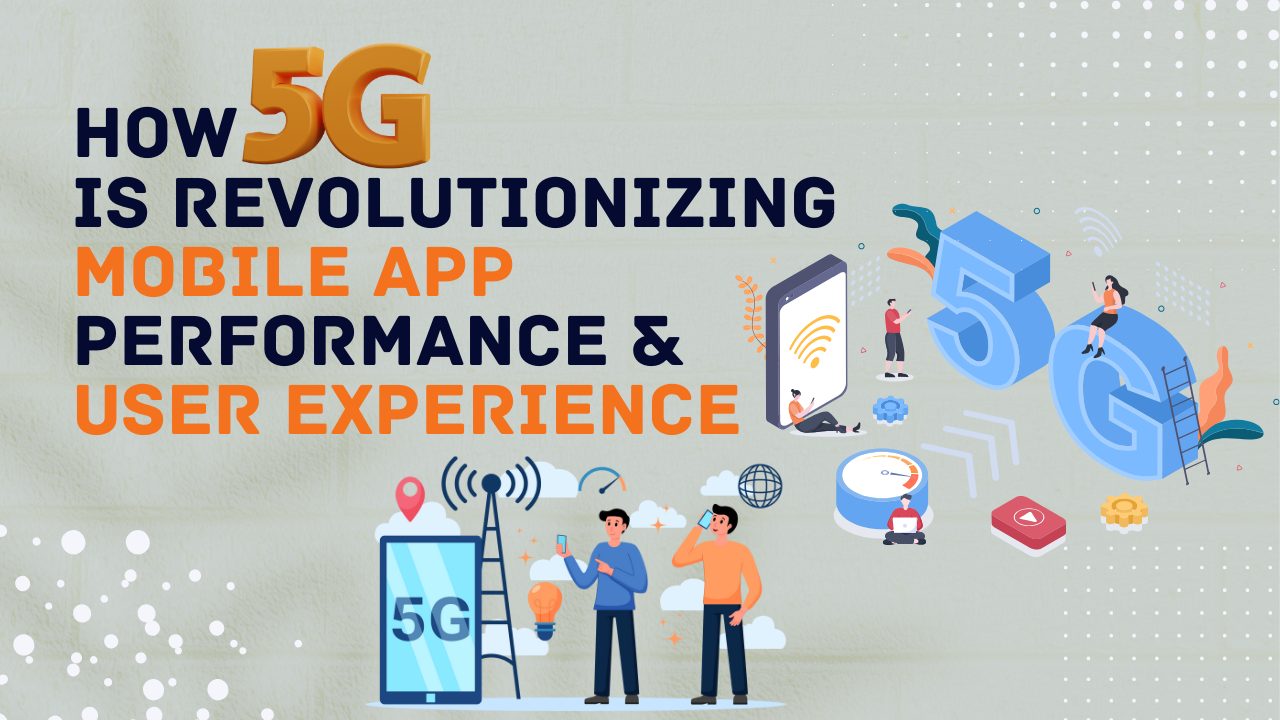The emergence of 5G technology marks a new era in mobile app development and user experience. By delivering faster connectivity, reduced latency, and increased network capacity, 5G is setting the stage for transformative innovations in how mobile apps are built and consumed. As this technology becomes more widely adopted, developers and businesses are leveraging its potential to revolutionize mobile app performance and deliver seamless, immersive experiences. This article explores How 5G Technology is Transforming Mobile App Performance and User Experience, focusing on the benefits, innovative solutions, and challenges it presents. Explore more about our company on [our homepage].
Supercharged Speed and Connectivity
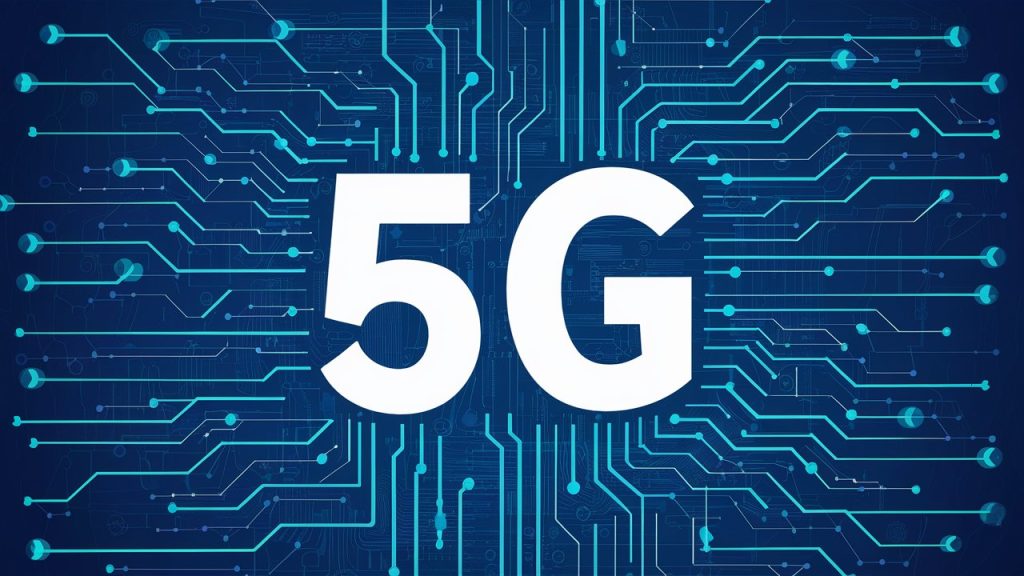
One of the most significant advancements brought by 5G is its unparalleled speed. Compared to 4G, 5G networks offer download speeds up to 100 times faster, enabling mobile apps to perform at unprecedented levels. This increased speed significantly enhances functionalities such as real-time streaming, gaming, and large file downloads, making mobile apps more efficient and enjoyable.
Additionally, the lower latency of 5G networks—often as low as 1 millisecond—ensures instantaneous data transfer. This improvement eliminates delays and lag times, especially in applications like augmented reality (AR), virtual reality (VR), and live video streaming. For businesses, faster connectivity means the ability to deploy high-performance apps that meet the growing demands of users.
Decentralizing Chains for Superior Real-Time Engagement
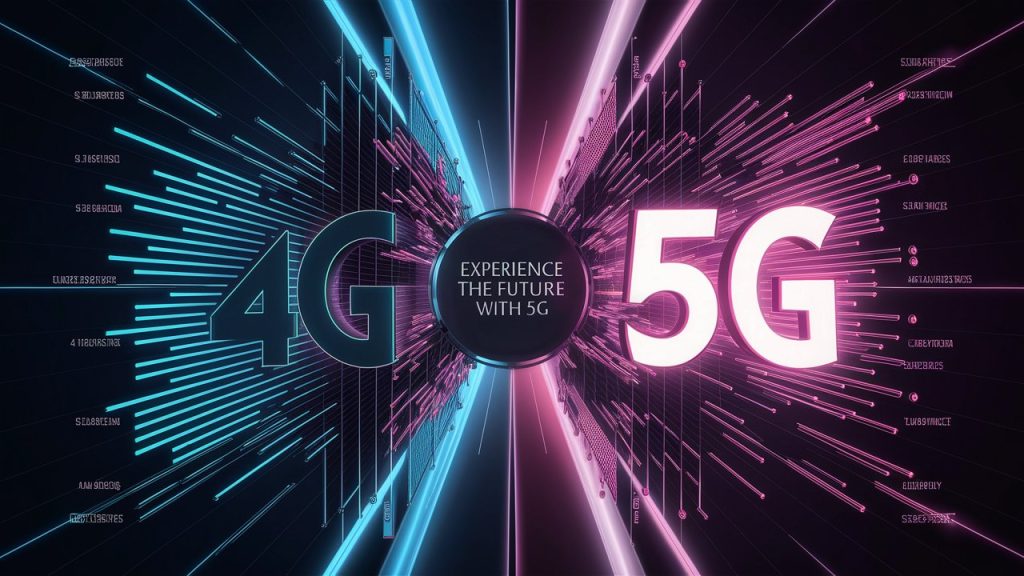
From The 5G Technology is Transforming Mobile App, 5G facilitates decentralized processing, allowing mobile apps to offload tasks to edge devices and cloud networks. This decentralization results in more efficient data handling and superior real-time engagement. For instance, multiplayer gaming apps and collaborative tools can offer smooth interactions regardless of geographic location.
This shift also supports the proliferation of blockchain-based apps, which require decentralized architecture for data validation and security. With 5G, these apps can perform transactions and manage user data with minimal delay, paving the way for more secure and transparent applications across various industries. Dive deeper into our [blog posts] for in-depth insights and examples.
Increased Network Capacity
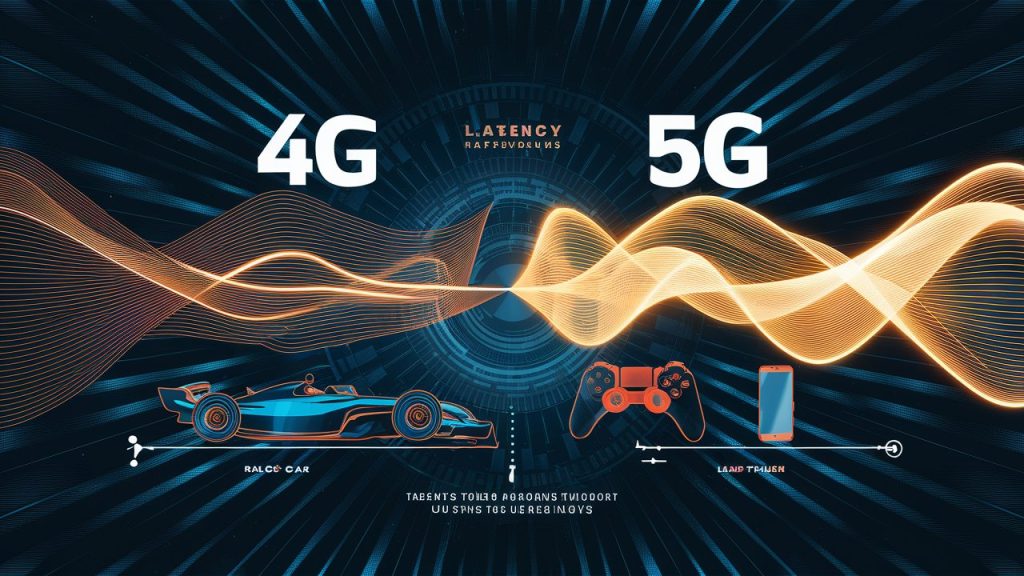
5G technology boasts an impressive network capacity, supporting up to a million devices per square kilometer. This feature is especially beneficial in densely populated areas where 4G networks often struggle with congestion. For mobile app developers, this increased capacity ensures consistent performance even during peak usage times.
Apps that rely on IoT (Internet of Things) devices, such as smart home systems and wearable technology, benefit significantly from this enhancement. The ability to connect multiple devices seamlessly enables the creation of interconnected ecosystems, providing users with cohesive and responsive experiences.
Improving of User Experience with expanded utilization of Edge Computing
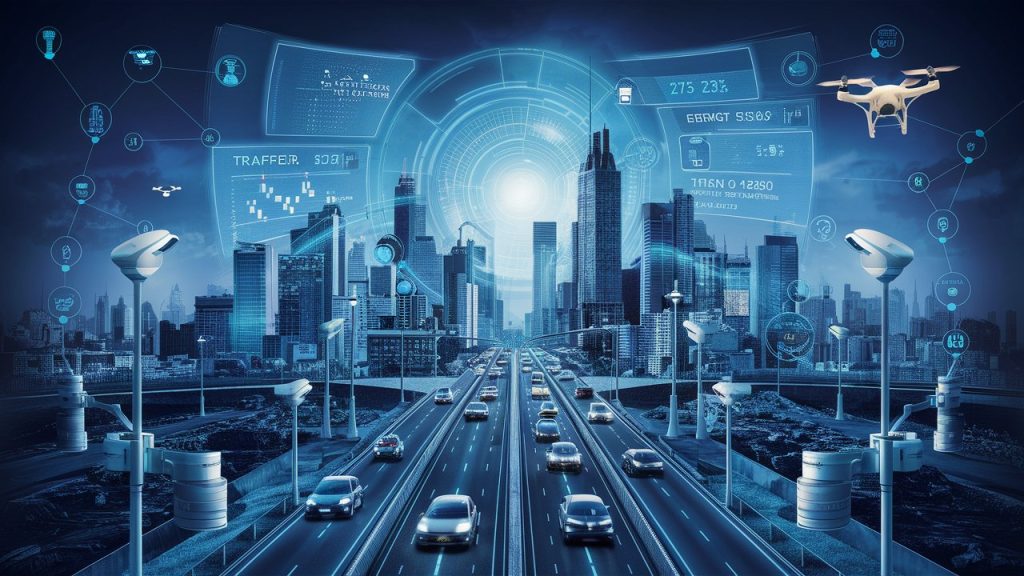
Form The Topic 5G Technology is Transforming Mobile App, The Edge Computing—a key enabler of 5G—brings computation and data storage closer to the user. By reducing the reliance on centralized servers, edge computing minimizes latency and enhances the responsiveness of mobile apps. This improvement is particularly impactful for apps requiring real-time data processing, such as telemedicine and autonomous vehicles.
Moreover, edge computing enhances app performance by optimizing bandwidth usage. With less data transmitted over long distances, users can enjoy smoother and more reliable app experiences, even in remote locations. For businesses, this translates to greater user satisfaction and retention.
Innovative Solutions Give Diverse Spheres New Possibilities
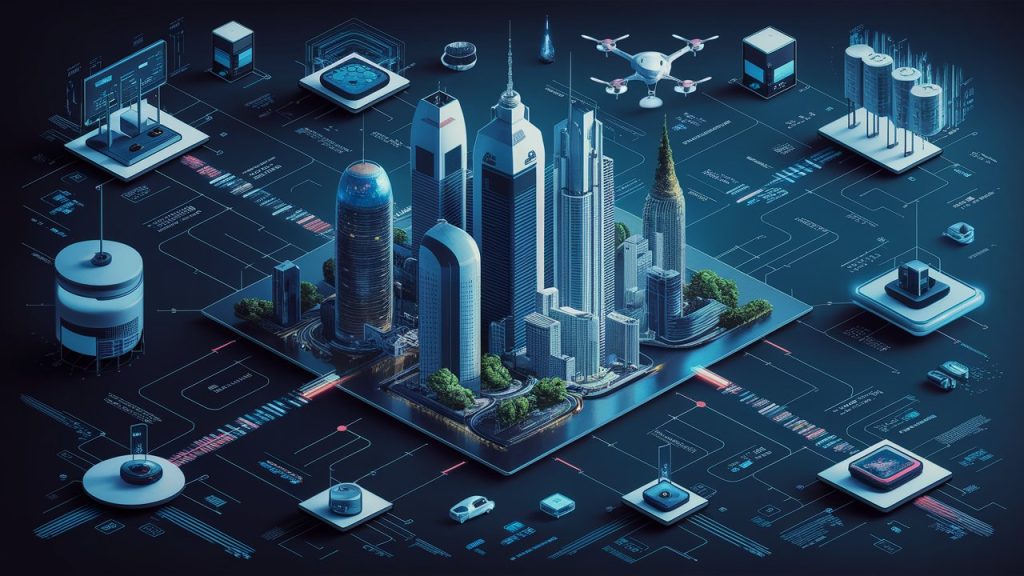
5G’s transformative power extends to diverse industries, enabling innovative solutions that were previously unattainable. In healthcare, mobile apps can support remote surgeries and real-time patient monitoring with unprecedented precision. In education, immersive AR and VR experiences can create interactive learning environments.
Retail apps can leverage 5G to deliver personalized shopping experiences, using real-time data analytics to recommend products and optimize inventory. Similarly, transportation apps can utilize 5G to enhance navigation and provide real-time traffic updates, improving commute efficiency and safety.
Challenges and Considerations
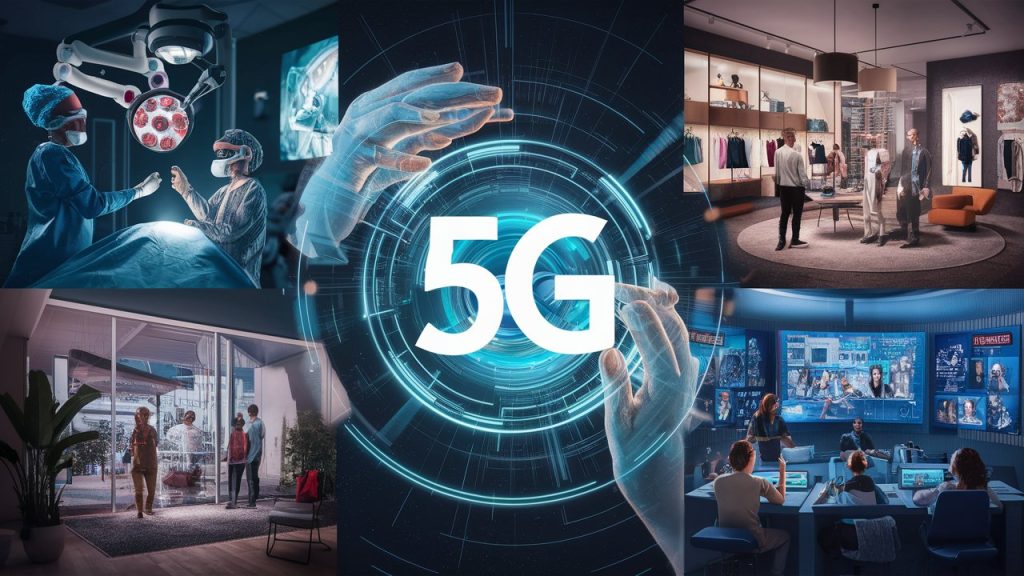
The Question of How 5G Technology is Transforming Mobile App, Despite its numerous advantages, the adoption of 5G technology comes with challenges. One primary concern is the cost of infrastructure upgrades required to support 5G networks. Mobile app developers and businesses must invest in new tools and technologies to fully leverage 5G capabilities.
Another challenge is ensuring compatibility across devices and networks. As 5G technology evolves, maintaining seamless integration with existing infrastructure will be crucial. Security concerns also remain a significant consideration, as the increased connectivity of 5G networks could expose apps to new vulnerabilities. Addressing these challenges will be essential for maximizing the benefits of 5G.
Conclusion
5G is revolutionizing mobile app performance and user experience, offering unparalleled speed, connectivity, and capacity. By enabling innovations like edge computing, decentralized processing, and real-time engagement, 5G is paving the way for transformative changes across industries. However, addressing the challenges associated with its adoption will be crucial for fully realizing its potential. As developers and businesses continue to explore the possibilities of 5G, its impact on mobile app development is set to shape the future of technology. [Contact us] today and let’s discuss your project in detail.

